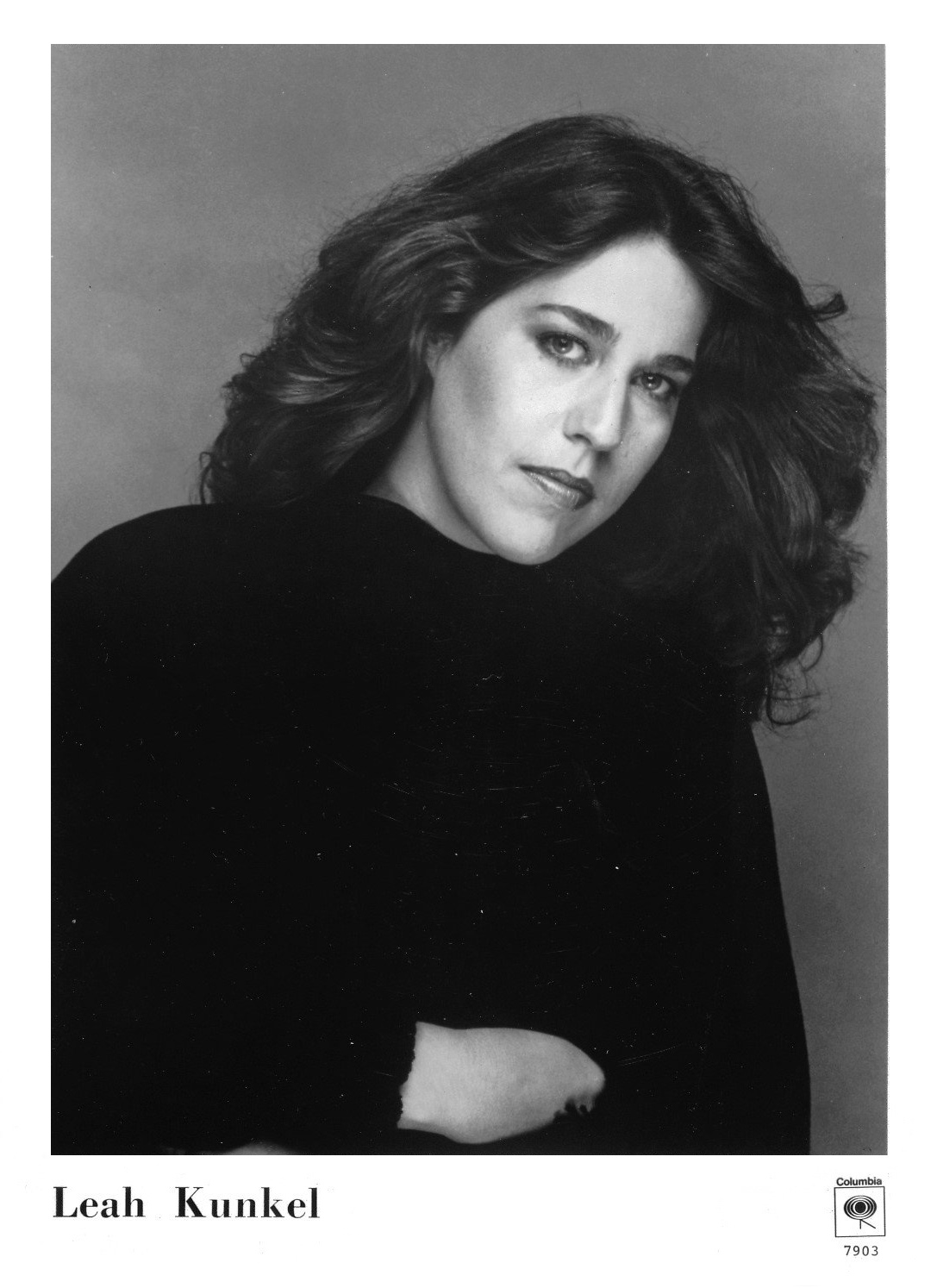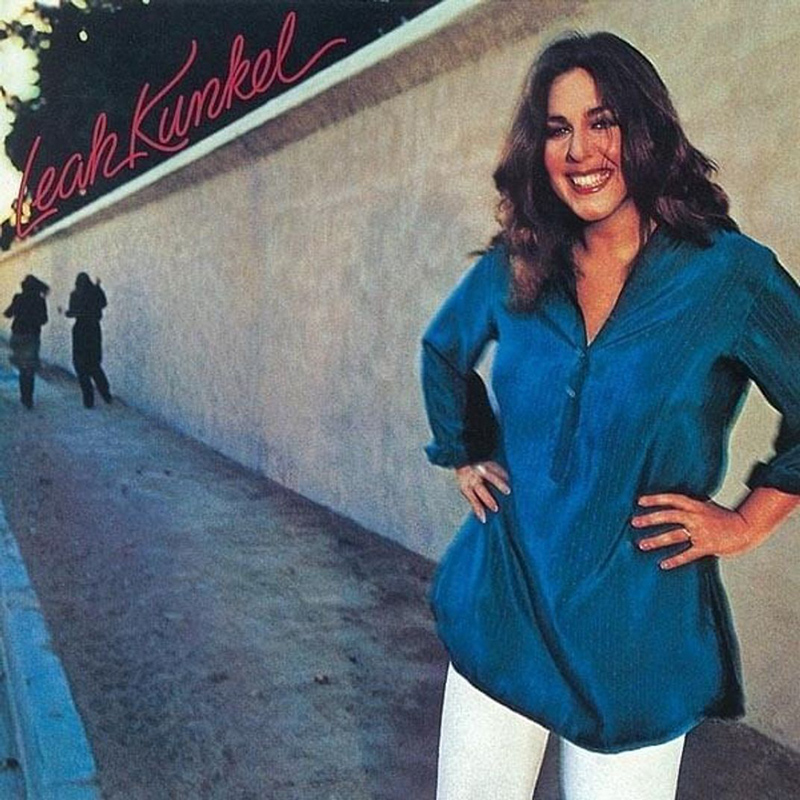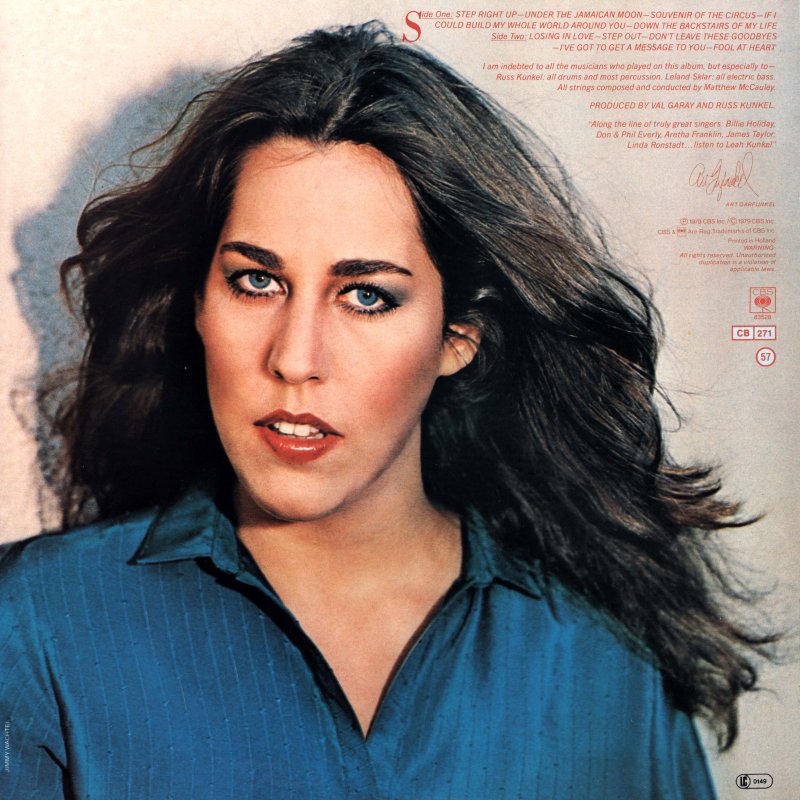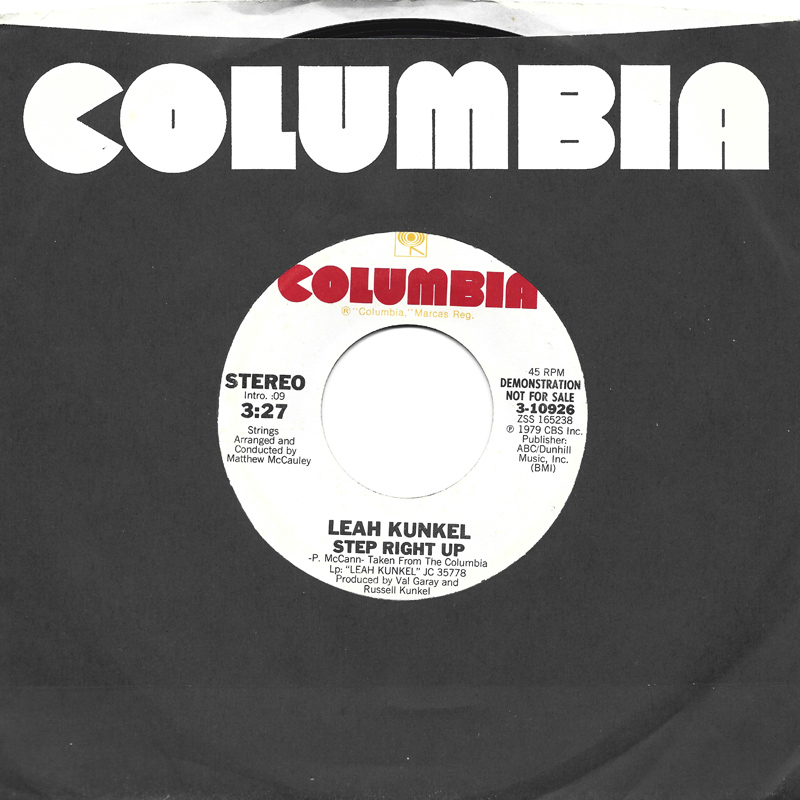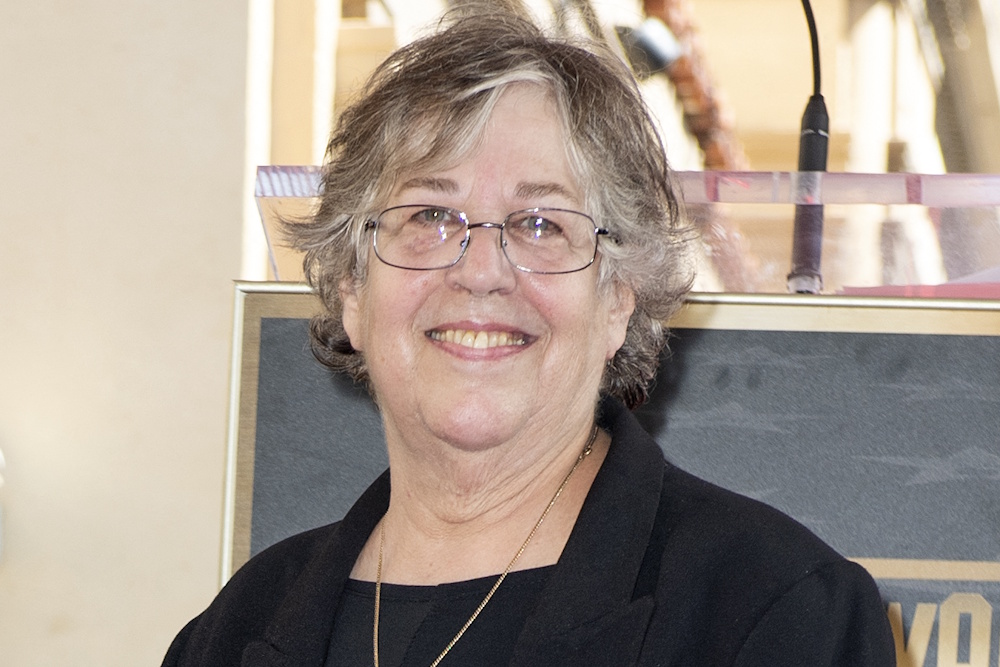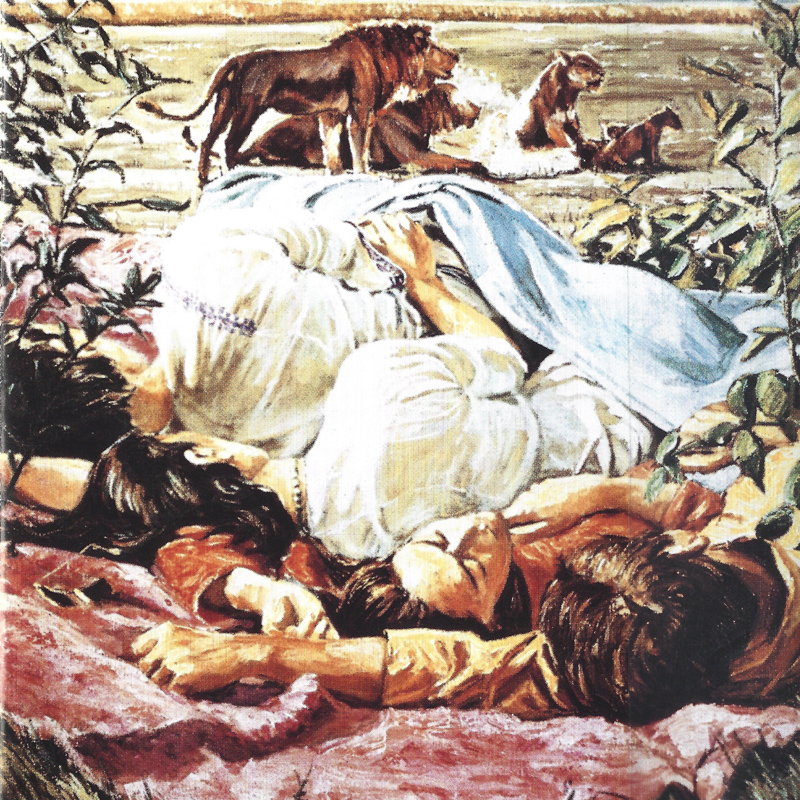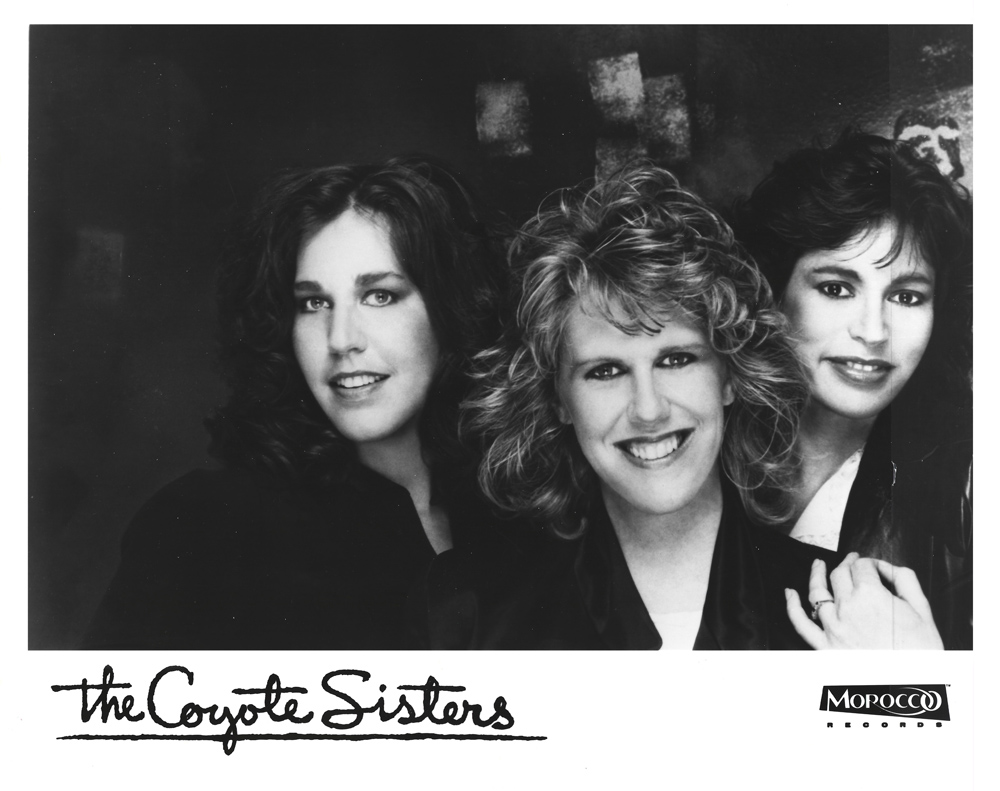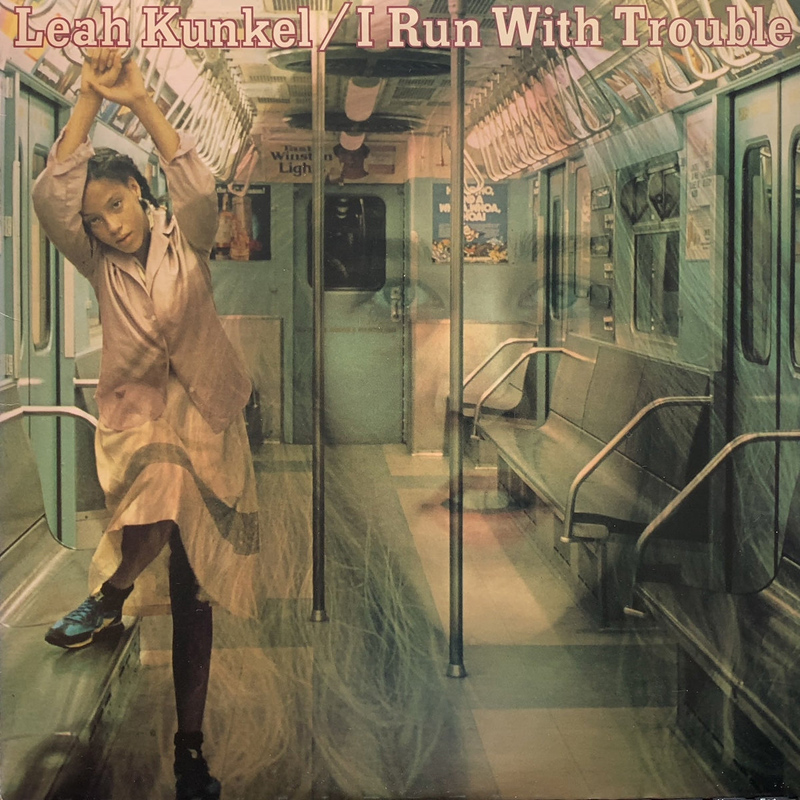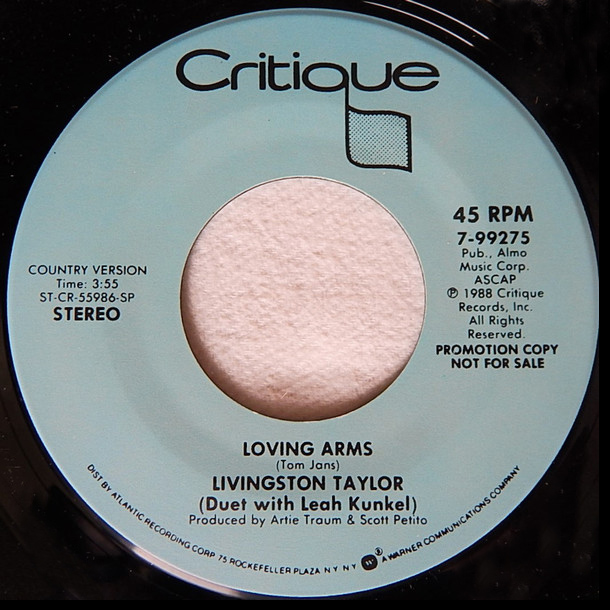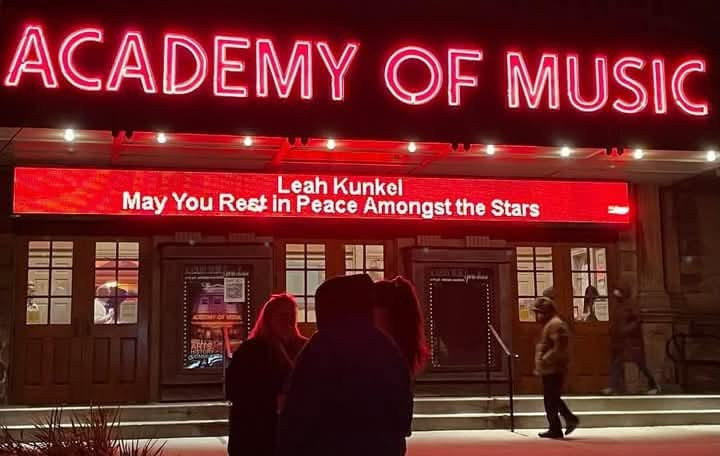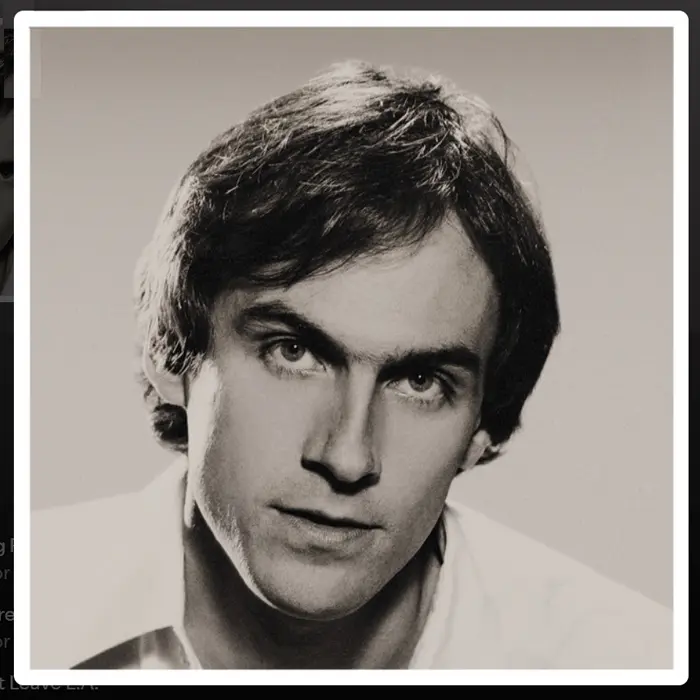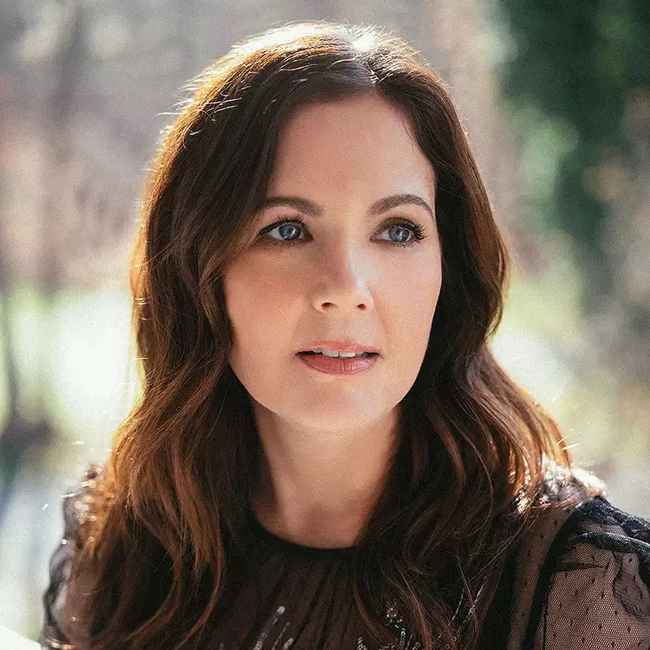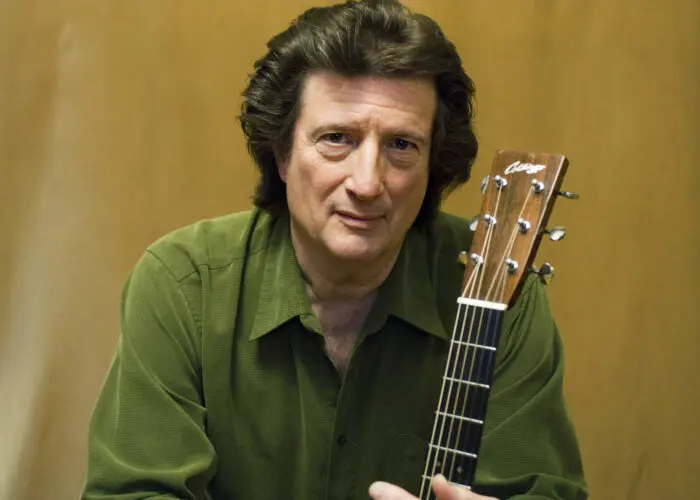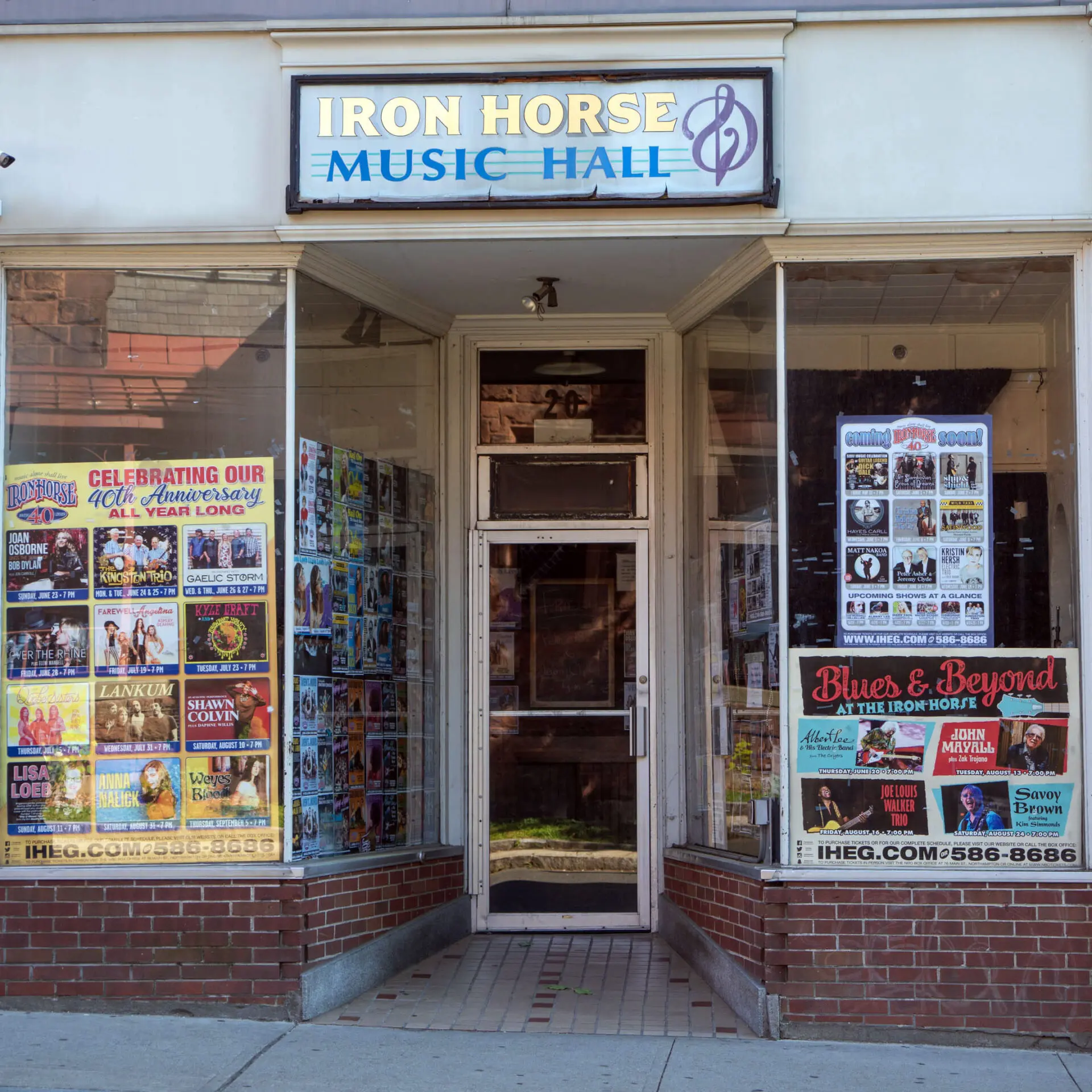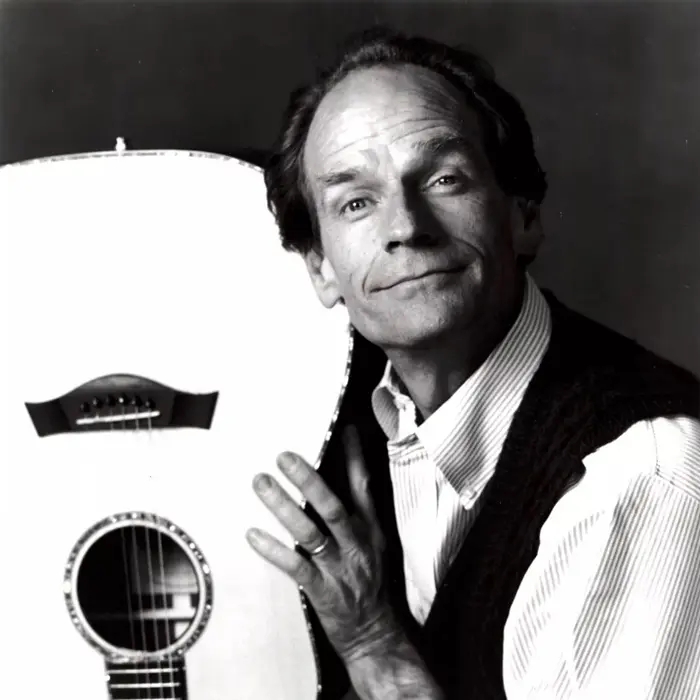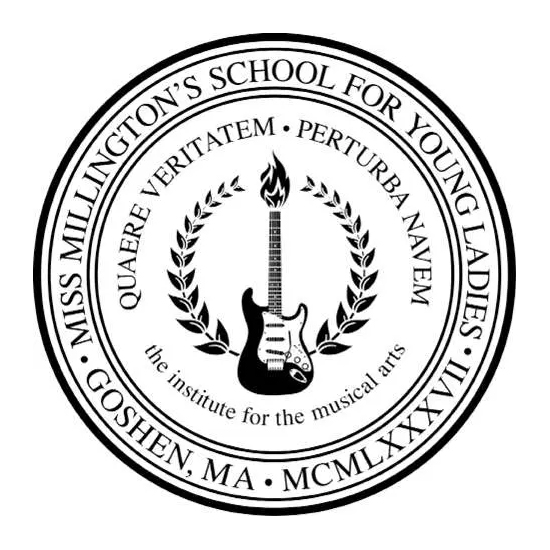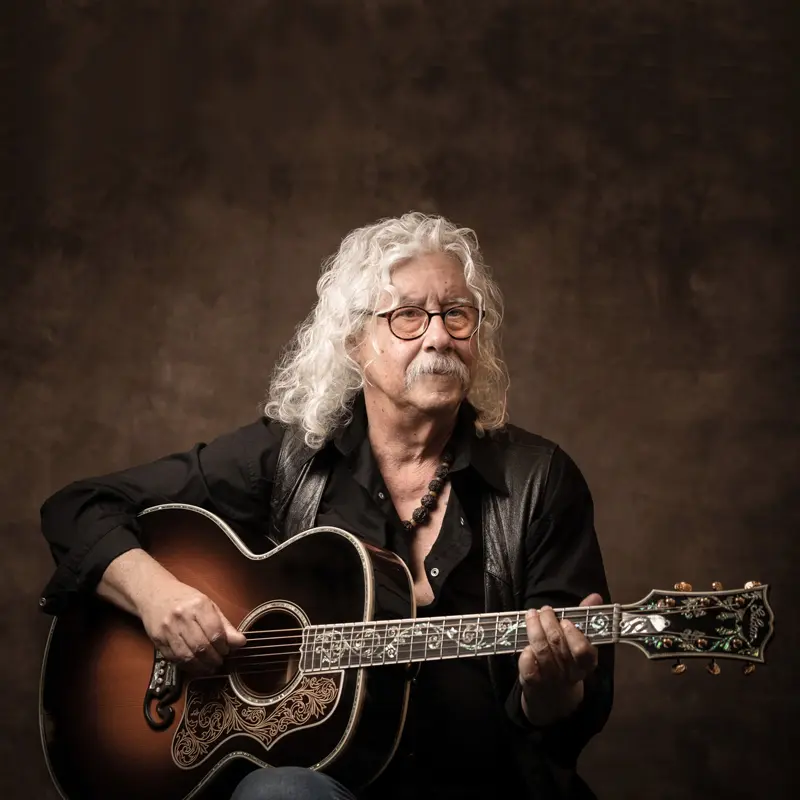Leah Kunkel
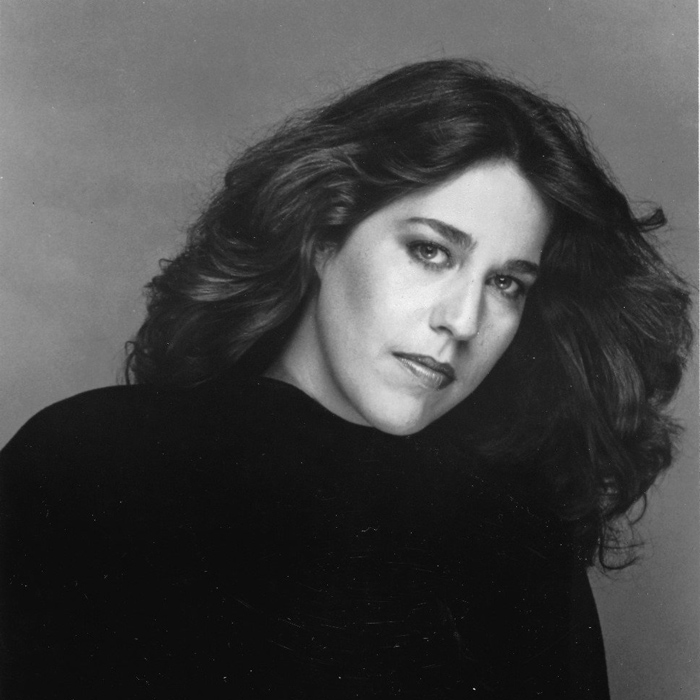
Leah Kunkel
Born Leah Cohen in Washington, DC in 1948, Leah Kunkel was a renowned and beloved singer, songwriter and defense lawyer based in Western Massachusetts. From her musical collaborations with some of the biggest artists of her generation to her solo albums, other creative partnerships and legal activities, she made an indelible impression on hearts, ears and minds during a career spanning more than five decades.
MUSICAL BEGINNINGS
Kunkel grew up listening to a wide variety of music in her family’s modest home in Alexandria, Virginia, from the folk, opera, and Theodore Bikel records her parents loved to Broadway musicals, Elvis Presley records and progressive jazz albums by Miles Davis and John Coltrane that her older sister, Ellen (better known by her stage name, Cass Elliot), brought home. She began singing, playing piano and writing songs when she was six, soon falling in love with the music of Ella Fitzgerald, Judy Garland and The Hi-Lo’s. Kunkel attended the progressive Stockbridge School in the Berkshires, whose alumni include actor Christopher Guest and singer-songwriter Arlo Guthrie, on a scholarship for her junior year of high school. She and Guthrie started their longtime friendship there, and she would later contribute vocals and keyboards to his Amigo album (1976), which includes her composition “Walking Song.”
With her older sister’s acceptance into New York City’s flourishing folk scene and her own new Stockbridge friends, Kunkel began connecting with cutting-edge performers and others who’d soon be recognized as such. While making holiday dinner at a church in the Berkshires on Thanksgiving Day in 1965, Kunkel received the phone call that alerted folks that Guthrie and a friend had been arrested in Stockbridge; that event became the real-life story of the celebrated “Alice’s Restaurant Massacree.” For her senior year, she returned to Francis C. Hammond High School in Alexandria, graduating in the summer of 1966. Members of her school’s folk club produced a concert with Kunkel headlining; it was her first big public show, and she sang and played guitar for hundreds of people, performing every verse of Bob Dylan’s “Like a Rolling Stone.”
MOVE TO LOS ANGELES
After graduating and being accepted into CalArts in Los Angeles as a voice major, Kunkel moved out west, initially bunking in with Cass, whose band, The Mamas & the Papas, was quickly ascending. During that time, she became good friends with Peter Tork, just as his band, The Monkees, was beginning to take the airwaves by storm. In late 1968, she married drummer Russell Kunkel and began having her original songs published with Dunhill Records-associated Trousdale Music, where The Mamas & the Papas recorded. Kunkel was soon selling her songs for $50 apiece.
“The rent for Russ and me was $125 a month, for a furnished apartment with heat in LA,” she recalled years later. “So if I sold three songs, that paid the rent.” One of her songs from those sessions, “Billy,” was a demo she wrote and recorded with two other writers which Dunhill released without her knowledge. Then she got a phone call: “Your record is #10 in Salinas.” Her response: “What record?” She was totally unaware that Dunhill had issued it under the fictional band name Cotton Candy.
After the birth of their son, Nathaniel, and with Russ on the road with James Taylor, Kunkel began writing more prolifically on her piano. In 1969, one of her early songs, “Who’s to Blame,” was the closing track on Cass’s top-100 album, Bubble Gum, Lemonade & Something for Mama. A couple years later, barely into her 20s, Leah sang on Jackson Browne’s self-titled breakthrough album, released on Asylum Records.
JAMES TAYLOR, ART GARFUNKEL
Singing the gorgeous background vocals on James Taylor’s version of “Handy Man,” Kunkel found herself on airwaves everywhere, thanks to JT’s ubiquitous top-five 1977 hit. That recording session serendipitously came about when Kunkel arrived to pick up her husband at the session, since his car was in the shop. The record’s producer, Peter Asher, was looking for the perfect vocal accompaniment for Taylor, and Kunkel was in the right place at the right time.
“In the industry, people suddenly knew who I was,” she later recalled. At the time, she was hanging out with such up-and-coming songwriters as Karla Bonoff, Jules Shear, Wendy Waldman and Stephen Bishop. The JT hit brought increased credibility and Kunkel introduced Art Garfunkel – whom she’d met at Cass’s home – to Bishop. When Garfunkel decided to do his first solo tour, he called on Kunkel to go on the road to sing with him. She sang Paul Simon’s parts during Garfunkel’s 50-city concert tour, circa 1978; the Boston show wound up being cancelled due to the historic blizzard in February that year. “I played Carnegie Hall with Art, which was amazing. I was also on Saturday Night Live with him,” Kunkel said. “Singing with Artie is one of my most memorable experiences. He’s a perfectionist.”
DEBUT ALBUM, I RUN WITH TROUBLE, THE COYOTE SISTERS
Record executives Walter Yetnikoff and Bruce Lundvall saw Kunkel perform with Garfunkel on that tour, which led to a deal with Columbia. Her eponymous debut album is filled with original songs and material by some of her songwriter friends, including Bishop, Shear and Peter McCann. Many top-notch session musicians graced the debut album, including the rhythm section of Leland Sklar and Russ Kunkel and guitarist Steve Lukather. Jackson Browne, on whose first album Kunkel had appeared, returned the favor, singing on Harlan Collins’ “Losing in Love.” In general, Kunkel said, she “picked the songs on that album because I loved them.”
Her 1980 follow-up album on Columbia, I Run With Trouble, is similarly filled with stellar vocals and songwriting, and more of Kunkel’s originals. Graham Nash is among the guest singers, appearing on the album’s two Jimmy Webb-penned tracks. Also in 1980, Kunkel appeared on Nash’s Earth & Sky album, singing on “Helicopter Song.” Her two Columbia albums, the original pressings of which are now highly sought-after collector’s items, were reissued on CD in 2006 on the Rev-Ola label.
By the early 1980s, Kunkel wanted her own band and helped form The Coyote Sisters. “I’d just met Marty Gwinn at a recording session,” she recalled. “That girl can sing and write, and so I called her up and asked if she’d consider being in a band. And I thought Renée Armand might make a good third. We started writing our brains out and were very complementary to each other. We got signed to Lorimar, a production company, who then signed us to Motown subsidiary Morocco.”
RETURN TO MASSACHUSETTS, BECOMING A LAWYER
In 1981, Kunkel moved back to Western Massachusetts, where she lived for most of the past 40-odd years. The Coyote Sisters’ self-titled first album, released in 1984, received considerable critical acclaim. “Straight From The Heart (Into Your Life),” a song Kunkel co-wrote with Tony Berg for that LP, became a top-70 Billboard hit in summer of ’84. Around that time, Kunkel enrolled at Smith College through the school’s Ada Comstock Scholars Program, graduating in 1988 with a BA in political science and government. In 1992, she graduated from Western New England University School of Law, later teaching entertainment law there as an adjunct professor.
In addition to raising two children and becoming a sought-after entertainment lawyer, Kunkel continued to record. She reached the country charts for the duet “Loving Arms” with Livingston Taylor in 1988 and sang on releases including pop-rocker Matthew Sweet’s Earth (1989) and Jimmy Webb’s Suspending Disbelief (1993).
For almost three decades, she practiced as a court-appointed lawyer in the Western Massachusetts District Court system while maintaining an entertainment-law practice for clients throughout the US. One of her Northampton-based clients, Jim Olsen, who for years served as festival director for the Green River Festival, posted on Facebook shortly after she passed away, writing “I’m so sad about the passing of my longtime friend Leah Kunkel. Leah was instrumental in helping us to start Signature Sounds Recordings and was our attorney for 30 years. I’ll miss her wisdom and those great music biz stories.” Signature Sounds’ roster has included such artists as Lake Street Dive, Lori McKenna and Chris Smither.
LATER ACTIVITY
Kunkel continued to perform when her schedule permitted. She appeared at benefit concerts, including a particularly somber one at the Iron Horse Music Hall on Thanksgiving Eve 1992 after the murder of journalist Judith Hart Fournier. As was her style, her gentle presence helped give strength to a roomful of grief-stricken family members and friends. When she and Marty Gwinn did a First Night show at the venerable Academy of Music in Northampton, Kunkel put together an all-star band to play Coyote Sisters songs and old favorites. One that blew away those in the packed theater was a version of “Dedicated To The One I Love,” a Mamas and Papas chestnut. You could hear a pin drop after that.
The second Coyote Sisters album, Women And Other Visions (recorded in Northampton and Los Angeles and released in 2001 by Wannadate Records) was helmed by Kunkel and Gwinn. The sumptuous-sounding disc is filled with personal and grippingly gorgeous songs, with cameos by a host of A-list musicians. Beside Kunkel and Gwinn, songwriting credits include Bill Payne, Tony Berg and Renée Armand. Kunkel’s “I’ll Be There for You,” with the rhythm section of Leland Sklar and Russ Kunkel, cries out to be a chart-topper in the hands of the right Music City luminary.
Award winning Western Massachusetts-based composers-lyricists Steven and Jane Schoenberg were longtime friends of Kunkel’s, working with her on several projects. Steven, who plays piano on and co-wrote “Now That Winter’s Gone,” a Women and Other Visions highlight, recollected, “Leah did entertainment-law work for me and was the lead female singer on My Bodyworks, our children’s book and CD [Interlink Books, 2005]. A perfectionist in the studio, she never compromised until she got the exact sound she wanted – the same with her legal work. Her extraordinary voice resonated deeply in all of us. My favorite memory will always be accompanying her and a roomful of friends singing rousing carols at her annual Christmas soirées. We spoke with her shortly before she passed away, and she told us she was at peace. That says a lot about who she was.”
Shortly after Kunkel’s death on November 26, 2024, in Amherst, Massachusetts, her longtime friend June Millington reminisced, “Leah could be cantankerous on the outside, even to her best friends, of whom I considered myself in the collection.” Millington, a founding member of the groundbreaking rock band Fanny and now Artistic Director with the prestigious Western Massachusetts-based Institute for the Musical Arts, continued, “She was deeply kind. And her stories… once she got in the right mood, with that twinkle in her eye, you understood she was gonna take her time and zing you in the most wonderful way. Another thing: Leah could cook. You understood that food was a very deep and sacred way in which she took care of people, her friends. You could taste the love. There will never be another person like her.”
COMMENTS ON THE POWER OF MUSIC
“Singing is a form of prayer,” Kunkel reflected a few years back. “Even if you’re singing sad songs, or at sad events, you’re praying in a way… you’re putting this thing out there in the universe that’s a plea. It doesn’t have to be a specific plea, but it’s cathartic and powerful. You sing with your friends at parties, or you sing with friends around the campfire. And, most importantly, you sing when there are rituals. They’re always marked by music, and if you’re a singer, there’s no way you go through life without being asked to sing at weddings and funerals.
“If you’re a singer, you get tapped to do those things, often gratis. It’s a big responsibility. When you get called up to sing ‘Amazing Grace’ in front of a congregation who are bereft at their loss, they’re looking at you and drawing comfort from hearing someone sing that song in honor of the person they loved. I’ve seen how those ceremonies can’t go forward without music. Music really is the soundtrack to our lives.”
(by David Sokol)
David Sokol is the co-author (with Iron Horse Music Hall founder Jordi Herold) of Positively Center Street: My 25 Years at the Iron Horse Music Hall (Levellers Press, 2014).

